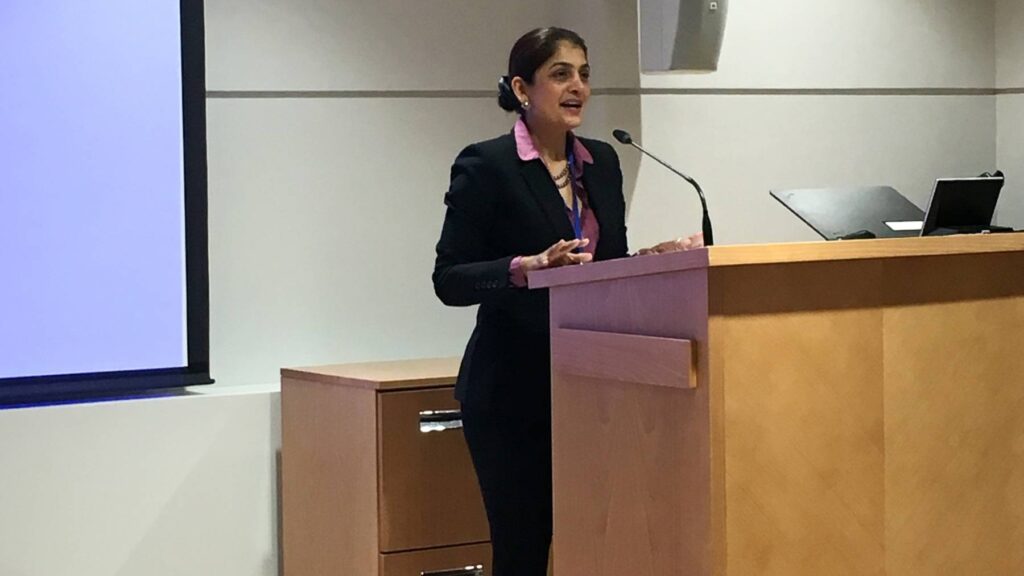Migration in a Turbulent World

Zahra Babar, Associate Director for Research at CIRS, served as one of the organizers and participants of a conference titled “Migration in a Turbulent World,” which took place at the Doha Institute for Graduate Studies from November 26-28, 2016. The conference, co-hosted by the Doha Institute and Qatar University’s Social and Economic Survey Research Institute (SESRI), centered on the theme of migration and asylum-seeking movements that have grown in scale in recent decades. Given the deepening crisis in countries like Syria, Iraq, Yemen, and Afghanistan, millions of people have been forced to seek refuge in other parts of the globe, particularly in Europe. As a consequence, immigration has become a highly politicized and contested issue with most of the receiving countries adopting an unfriendly, if not hostile, attitude towards the immigrants due to growing concerns regarding national security and the pressure on these countries’ political economies.
While part of the conference examined the national and international aspects of the immigration crisis in the world, the main thematic focus was the conditions and experiences of highly skilled migrants—an area that the organizers believed is severely understudied. While the West continues to receive highly skilled labor through immigration policies that facilitate both permanent and temporary immigration, recent years have seen a growing attraction towards the oil-rich countries in the Gulf, which are recruiting highly skilled workers to fill their labor shortages through temporary settlement contracts. With regard to this, Babar chaired several sessions of the conference and presented the findings of her own working paper on highly-skilled migrants in Qatar.
During the first day of the conference, Babar chaired a session on “National Immigration Policies and Consequences,” where four participants presented their research papers. This session covered topics ranging from immigration issues in the United States to how migrants undergo social exclusion in South Korea.
On November 27, Babar presented her paper titled “Careers, Expertise and Life Strategies of Highly-Skilled Migrants in Qatar,” co-authored with Michael Ewers, Senior Policy Analyst at Social & Economic Survey Research Institute, and Nabil Khattab, Associate Professor at Doha Institute of Graduate Studies. The paper explores the careers, expertise, and life strategies of highly skilled migrants to Qatar, with a particular focus on how the recent oil crash has affected their movements and career strategies. The aim of the paper is to identify the types of human capital that highly skilled migrants deploy in different sectors in Doha, as well as its interactions with the state and local citizens of Qatar. Through surveys and qualitative interviews, Babar, Ewers, and Khattab analyze highly skilled migrants’ careers and professional lives in Qatar, motivations and drivers for coming to the country and reasons for staying, and human capital development. Their research findings, which are still in the preliminary stages, showed that financial well being, and local stability and security are very important determinants for highly skilled migrants. Moreover, it illustrated that people did not feel “at home” in Qatar due to the migration policies of the state as well as the fact that these highly skilled workers are essentially there to earn money. However, it was duly noted that the nationality of highly skilled migrants impacted their perspectives on Qatar, with the paper highlighting a general consensus over increasing job insecurity after the drop in oil prices.
Finally, on the last day of the conference Babar chaired the opening panel on emerging trends in migration to the Gulf, migration policies in Qatar, and the attitudes of the Qatari nationals towards migrants.
Article by Umber Latafat, CIRS Research Intern 2014-2016